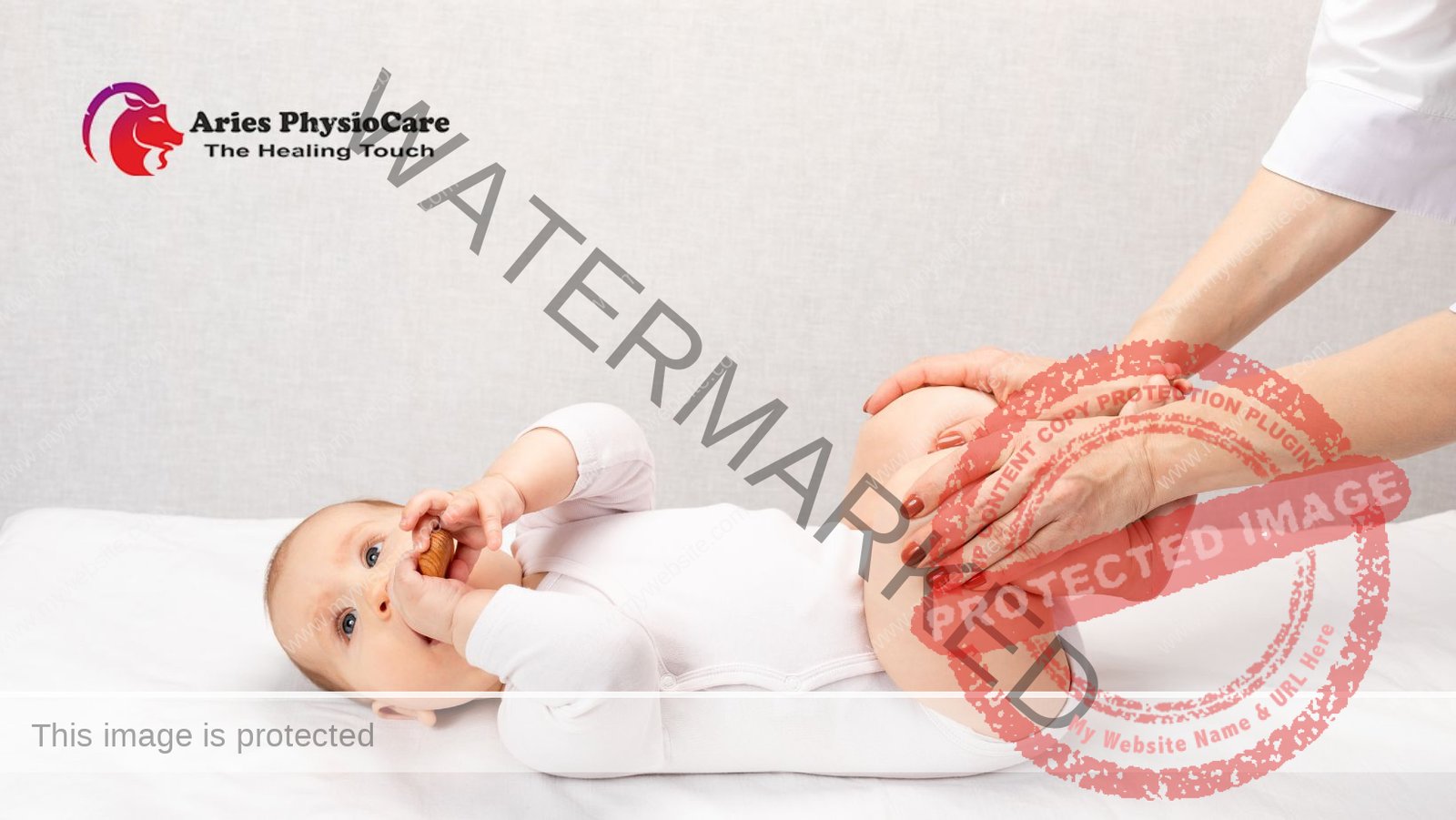Understanding Developmental Dysplasia of the Hip
Developmental dysplasia of the hip (DDH) is a condition that affects the hip joint in infants and young children. It occurs when the hip joint fails to develop properly, leading to instability and potential dislocation. DDH can range from mild to severe, and if left untreated, it can cause long-term problems with walking and hip function.
Signs and Symptoms
Early detection and treatment of DDH are crucial for a successful outcome. Some common signs and symptoms of DDH include:
- Uneven skin folds on the thigh or buttocks
- Limited range of motion in the hip joint
- Clicking or popping sounds in the hip joint
- Difficulty walking or a limp
- One leg appearing shorter than the other
Diagnosis and Management
If you suspect your child may have DDH, it is important to consult with a healthcare professional who specializes in pediatric orthopedics. They will perform a thorough physical examination and may order imaging tests such as an ultrasound or X-ray to confirm the diagnosis.
The management of DDH depends on the severity of the condition. Mild cases may be treated with observation and monitoring, while more severe cases may require treatment interventions such as:
- Pavlik harness: This is a non-surgical treatment option that involves using a special harness to hold the hip joint in a stable position, allowing it to develop properly.
- Spica cast: In some cases, a cast may be used to immobilize the hip joint and promote proper alignment.
- Surgery: In severe cases or when other treatments have failed, surgery may be necessary to reposition the hip joint and ensure proper development.
Expert Physiotherapy Services at Aries PhysioCare
At Aries PhysioCare, we understand the importance of early intervention and comprehensive management for developmental dysplasia of the hip. Our team of expert physiotherapists specializes in pediatric orthopedics and is dedicated to providing the best possible care for your child.
Our physiotherapy services for DDH focus on:
- Range of motion exercises: Gentle exercises to improve the flexibility and mobility of the hip joint.
- Strength training: Targeted exercises to strengthen the muscles around the hip joint, promoting stability and proper alignment.
- Gait training: Techniques to improve walking patterns and ensure optimal function of the hip joint.
- Education and support: We provide guidance and support to parents and caregivers, helping them understand the condition and the importance of ongoing management.
Our team takes a personalized approach to each child’s treatment, tailoring the physiotherapy program to their specific needs and goals. We work closely with other healthcare professionals involved in the child’s care to ensure a coordinated and comprehensive approach.
Contact Aries PhysioCare for Expert Physiotherapy Services
If your child has been diagnosed with developmental dysplasia of the hip or if you suspect they may have the condition, don’t delay seeking professional help. Contact Aries PhysioCare today to schedule a consultation with our expert physiotherapists. Our team is committed to providing the highest quality care and helping your child achieve optimal hip function and mobility.
Remember, early intervention is key in managing DDH and ensuring the best possible outcome for your child’s hip health.

